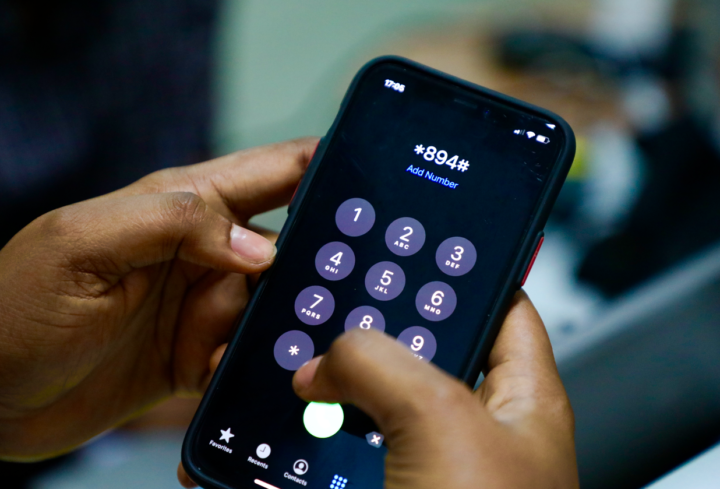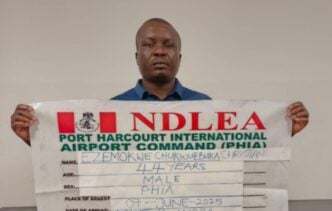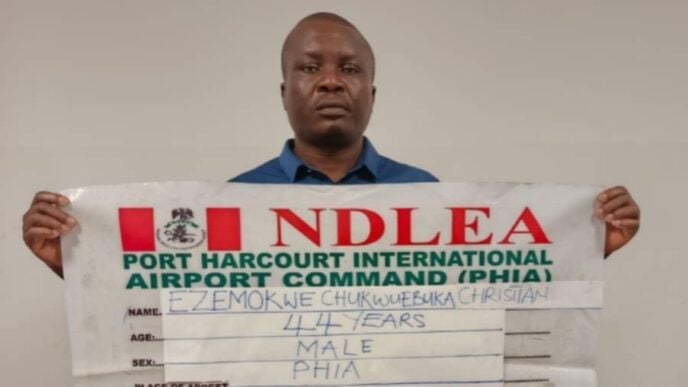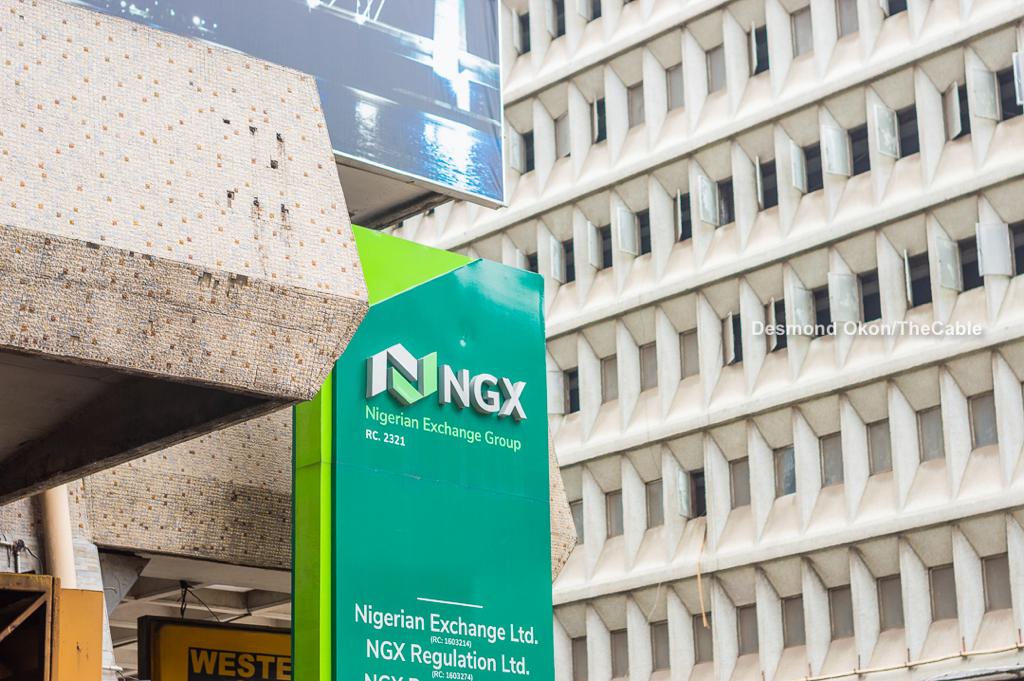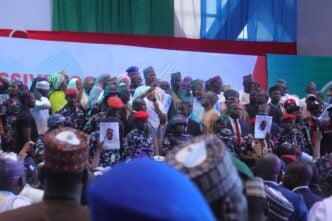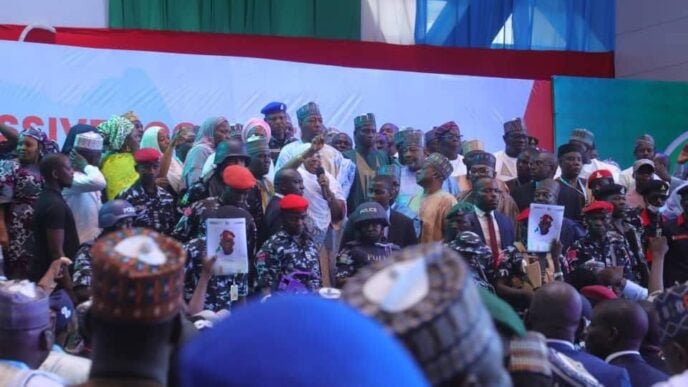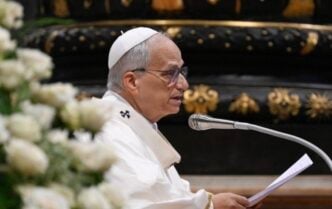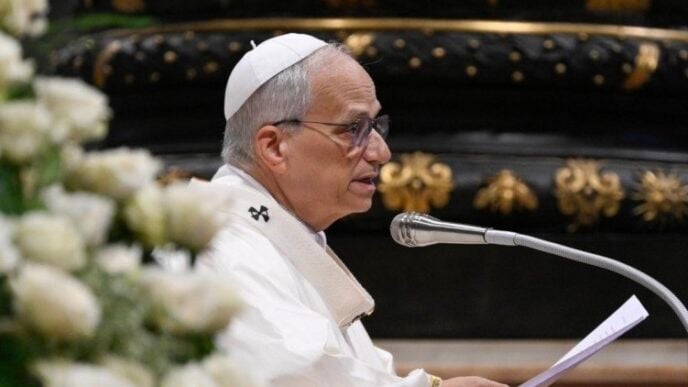On June 3, the United Bank for Africa (UBA) announced an end to the direct deduction of charges for unstructured supplementary service data (USSD) transactions from customers’ bank accounts.
The bank said following a directive from the Nigerian Communications Commission (NCC), USSD transaction fees will be deducted from customers’ mobile airtime — aligning with the regulator’s new end user billing (EUB) model.
The directive comes months after the NCC, in collaboration with the central bank, intervened in the dispute between telecommunications companies and banks over the N250 billion USSD debt.
In December 2024, the Central Bank of Nigeria (CBN) and the NCC directed mobile network operators (MNOs) and deposit money banks (DMBs) to resolve the long-standing debt.
Advertisement
The implementation of the EUB system is the regulator’s attempt to address the historical USSD payment conflict between telcos and banks.
Here is everything to know about the new policy.
WHAT IS THE EUB POLICY?
Advertisement
The EUB policy is a new payment model that allows customers to pay for USSD banking transactions using their mobile airtime, instead of having the charges deducted directly from their bank accounts.
Previously, the USSD charges for general services were deducted from users’ airtime, but for banking transactions, the fees were usually charged by the banks and taken directly from customers’ bank accounts.
The EUB policy changes that. With this model, banks will no longer be responsible for billing users for USSD services.
”Instead, mobile network operators (MNOs) will deduct the transaction cost from a user’s airtime balance at the point of use — just like they do for voice calls or SMS,” the NCC said.
Advertisement
According to the commission, the new policy will eliminate problems related to USSD charges being deducted from bank accounts, and users will now have the freedom to choose whether or not to use USSD for banking transactions.
WHY IS THE EUB MODEL INTRODUCED?
It is understood that the EUB model is part of efforts by the Central Bank of Nigeria (CBN) and NCC to improve user experience and resolve disputes between banks and mobile network operators over unpaid USSD service fees.
WHAT MEASURES ARE IN PLACE TO PROTECT CUSTOMERS’ DATA?
Advertisement
To ensure consumer protection under the new billing model, the NCC and CBN have introduced measures including clear communication and better value.
The NCC said banks are required to inform customers ahead of the transition to the EUB model.
Advertisement
This, the commission said, gives users the freedom to decide whether they want to continue using the USSD for banking transactions, especially if they prefer not to pay through their airtime.
On pricing, the NCC said the USSD sessions will still cost N6.98, with each session lasting up to 120 seconds.
Advertisement
“This gives you better value as other transactions are charged at N1.63 per session of 20 seconds. This gives you a discount since you are paying N6.98 instead of N9.78,” the NCC said.
WHAT SHOULD CONSUMERS DO IF THEY EXPERIENCE ISSUES USING USSD?
Advertisement
Customers who encounter difficulties while using USSD services have been advised to contact the appropriate service providers, depending on the nature of the issue.
According to the NCC, users who are unable to access the USSD platform due to connectivity or technical problems should reach out to their mobile network operators for assistance.
However, the regulator said if the challenge arises during a banking transaction, affected customers are expected to report the issue to their respective banks for assistance.
The agency mandated both banks and telecoms operators to provide timely support and ensure that users are able to carry out USSD transactions without disruption.
WILL CONSUMERS BE DOUBLE BILLED?
The NCC and the apex bank have assured that customers will not be charged twice for USSD transactions under the new EUB model.
The regulators said clear guidelines have been established to prevent double billing.
In its frequently asked questions (FAQs) published on its website, the NCC said banks are prohibited from deducting USSD charges from customers’ accounts under the EUB framework.
“Instead, only mobile network operators are authorised to bill users — similar to how airtime is charged for voice calls, text messages, or data usage,” the commission said.
The NCC noted that telecoms operators have also been mandated to send end-of-session notifications, clearly stating the amount charged for each transaction.
“If you are charged for USSD by your bank, please report immediately to the CBN via phone at +234-70-0225-5226 or email at [email protected],” the commission added.
“The CBN and NCC are actively overseeing the transition to ensure compliance with these billing rules. Non-compliance by banks or telecom operators could lead to regulatory sanctions, reinforcing the commitment to prevent double billing and protect consumer interests.”
Banks and telcos were also urged to clearly communicate the new billing process to customers, ensuring that users understand they will only be charged once per USSD transaction.
WHEN WILL AIRTIME DEDUCTIONS UNDER THE EUB MODEL BEGIN?
The NCC said MNOs, banks, and their value-added service (VAS) partners are currently working behind the scenes to ensure a smooth transition to the model.
This, according to the agency, includes completing technical integration, conducting end-to-end testing, and signing service level agreements (SLAs) to guarantee a reliable user experience and adequate consumer protection.
Each bank is expected to inform its customers once all necessary preparations have been finalised.
